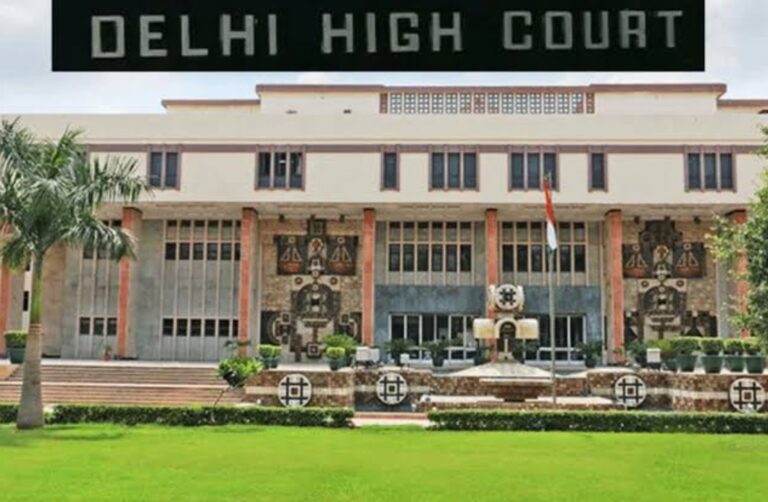Cosmo Films Ltd vs CBDT | Landmark Delhi High Court Ruling
In a significant ruling that reinforces taxpayer rights in the digital era, the Delhi High Court has permitted manual filing of ITR-6 after a software error denied rightful tax benefits to Cosmo Films Limited. The Court emphasized that technical glitches in e-filing systems cannot override legal entitlements, directing the Central Board of Direct Taxes (CBDT) to take corrective measures.
✅ Case Overview: Cosmo Films Limited’s Plea
Cosmo Films Ltd, a reputed manufacturer and exporter of Bi-axially Oriented Polypropylene (BOPP) Films, operates units in both Domestic Tariff Area (DTA) and Special Economic Zone (SEZ). As a registered SEZ entrepreneur under the Special Economic Zones Act, 2005, the company has been claiming deductions under Section 10AA of the Income Tax Act, 1961 since Assessment Year (AY) 2014-15.
For AY 2017-18, the company declared a profit of Rs. 52.55 crore from its SEZ unit under “Profits and Gains of Business or Profession” (PGBP) and claimed Section 10AA deduction accordingly, without setting off losses from its DTA unit amounting to Rs. 33.80 crore. This was done in line with the Supreme Court’s ruling in CIT v. Yokogawa India Ltd. (2017) 391 ITR 274 (SC), which permitted such independent computations for eligible SEZ units.
❌ Software Glitch Denied Legitimate Deduction
However, during the e-filing of ITR-6, Cosmo Films faced a software constraint—the system automatically offset DTA losses against SEZ profits, disallowing the separate deduction under Section 10AA. This misapplication resulted in a complete denial of carry-forward of business losses, contrary to prevailing law at the time.
Cosmo Films promptly submitted a written request to the jurisdictional Assessing Officer on August 3, 2018, and subsequently approached the CBDT under Section 119(2) of the Act, citing genuine hardship. Despite multiple representations and reminders in early 2019, no corrective action was taken.
⚖ Court’s Observations and Final Verdict
The tax department, in its defense, admitted that the amendment to Section 10AA, which aimed to override the Yokogawa ruling, was effective only from AY 2018-19 onwards. Circular No. 2/2018 dated February 15, 2018, also clarified this prospective application.
Recognizing this, the Delhi High Court held that for AY 2017-18, the Yokogawa precedent remained applicable. The Court ruled that CBDT’s software must not dictate tax computations in conflict with judicial precedents. It directed the authorities to either:
- Accept a manually filed ITR-6 for AY 2017-18, or
- Modify the software to align with prevailing law, enabling rightful claim of carry-forward losses.
This directive had to be implemented by May 31, 2019, and the order was immediately forwarded to the Director General (Systems), Income Tax Department, for compliance.
The ruling also cited Tara Exports vs Union of India [2019] 98 com 363 (Mad), where manual filing was permitted due to similar technical hurdles.
📌 Key Takeaways for Taxpayers and Professionals
- Software issues cannot override statutory rights or judicial decisions.
- Manual filing is permissible when e-filing software fails to comply with legal provisions.
- CBDT is responsible for ensuring that digital tax systems align with existing laws and court rulings.
-
This judgment reaffirms the importance of fair tax administration, even in a fully digitized environment.
